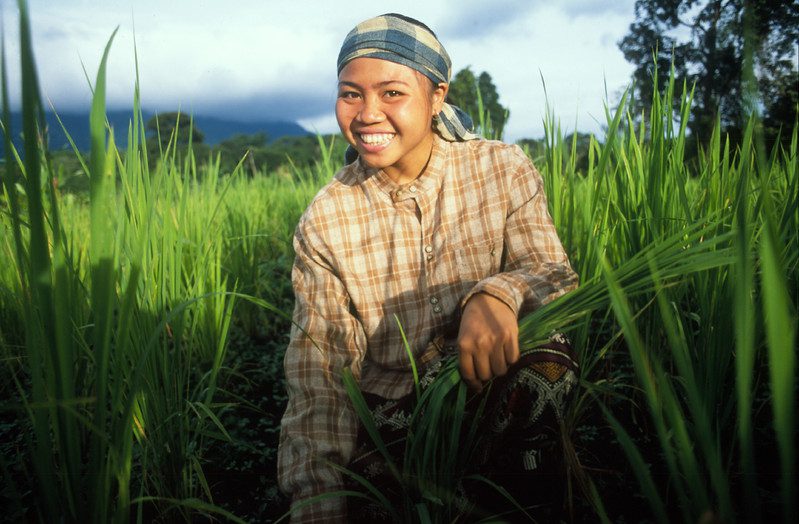Know your rights
Picture this…
A company pays your government to mine for gold or drill for oil in your backyard, or to build a dam across a river from which you catch fish to feed your family each day. But they don’t ask your permission, pay you, or give you important information about the project. How would you feel?
Pretty angry – we’d imagine. Well, right now mining and hydropower companies are doing this all around the world, often in the poorest countries.
Reality check…
When infrastructure – like a dam, or a mine or a road – is proposed, developers, governments and financiers often give little consideration to the views of the people who will be directly affected by that project.
So what’s the solution?
It’s not rocket science. Tell people about it, include them, and give them a chance to input into the decisions that will impact on their future.
It’s not only fair – it’s an internationally recognised right.
The right to decide on projects that will impact on them
Oxfam Australia believes that people who will be impacted by a project have the right to know and the right to decide whether or not the project should go ahead. Local citizens need enough information to weigh the costs versus the benefits and the ability to decide whether they consent.
The right to know how much governments are getting for their natural resources
People need government transparency. They need to know how much companies are paying their governments for their natural resources. This enables them to ask for a fair share of any profits to go towards community needs like education, health care and jobs.
Rights of Indigenous peoples, ethnic minorities and women
The issue of rights is especially important for Indigenous peoples and ethnic minorities and women. These groups are especially vulnerable in most developing countries due to their unequal and mostly patriarchal social structures.
Indigenous peoples’ rights
The United Nations Declaration on the Rights of Indigenous Peoples (UNDRIP) – states that when faced with a proposal to build infrastructure on their lands, Indigenous people have the right to enter into discussions with the project developer or government and to give, or withhold, their free, prior, informed consent.
Women’s rights
Gender inequality is a massive concern in developing countries. Most of these societies are structured in a way that renders women powerless when it comes to decisions that affect their lives. Women in developing countries do most of the work, are responsible for the care and wellbeing of their families, yet have the least power. We are working hard to redress this balance by ensuring that women are also empowered with knowledge about their rights.
Ethnic minorities’ rights
Infrastructure development has widened the already large gap between rich and poor in many developing countries. People who suffer from cultural exclusion because of their race or caste are always the worst affected in development projects. This is often because they are marginalised by governments that don’t acknowledge the rights of ethnic minorities.
Learn more
- Visit our partner organisation, the Asia Indigenous People’s Pact and learn how we work together with Indigenous people
- Read our Citizen’s Guide to the Mekong (PDF, 1.4MB)
- Access our many language translations of the Guide to Free, Prior and Informed Consent.
